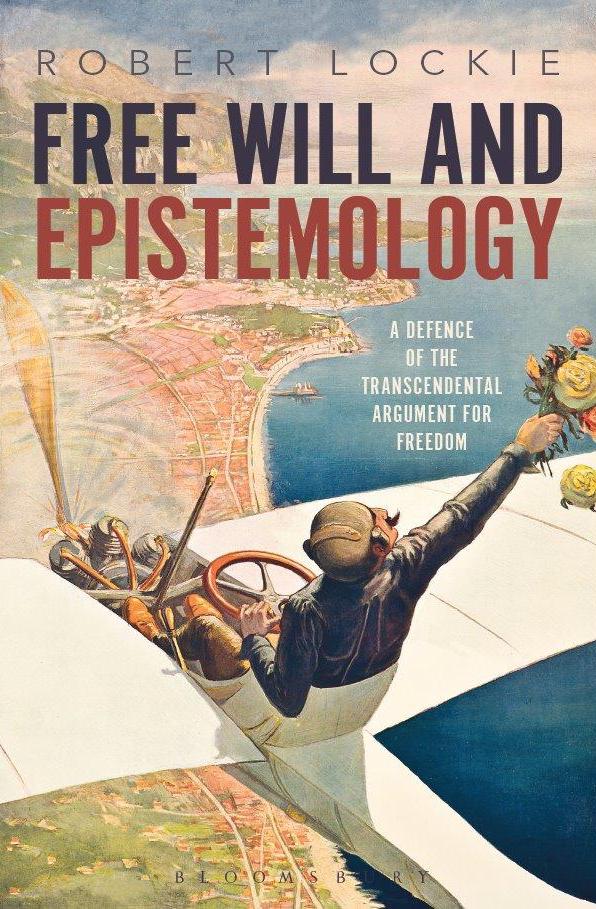The Unity of Perception
Many thanks to John Schwenkler for running the Brains blog and for inviting me to guest blog this week about my new book The Unity of Perception: Content, Consciousness, Evidence (Oxford: Oxford University Press, 2018). Perception is our key to the world. It plays at least three different roles in …







